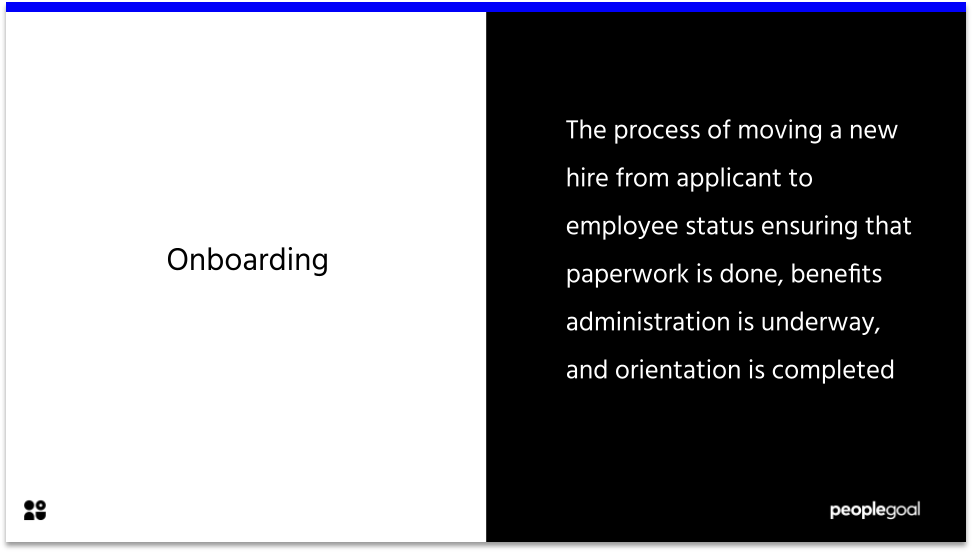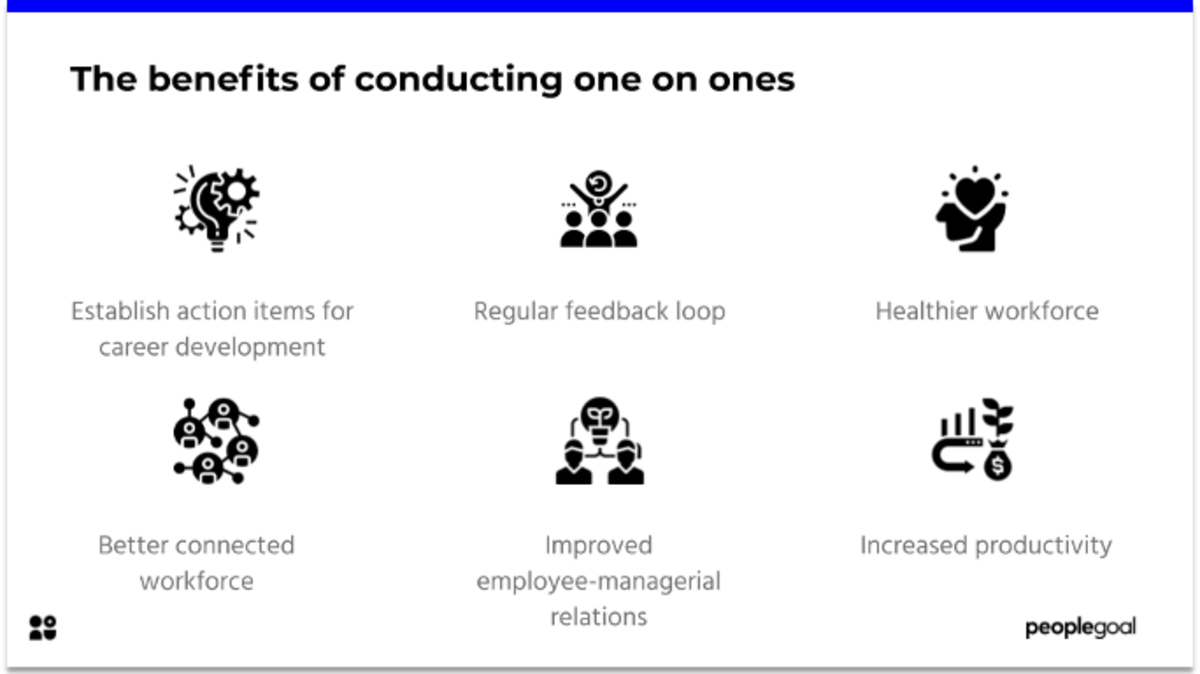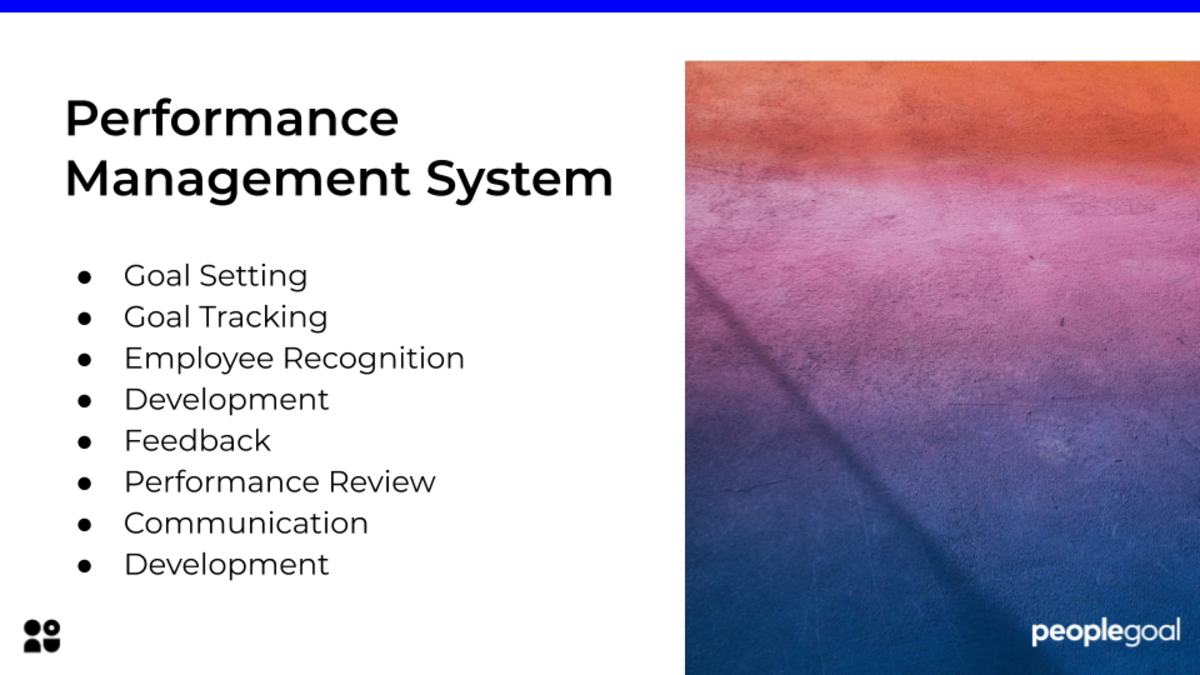“I love a good performance appraisal!” said no employee ever. Similarly, supervisors often struggle to see the value of a performance appraisal process and try to postpone or avoid the meetings for as long as they can.
Not long ago, I was having a conversation with a friend of mine about her job and how things were going. She wasn’t particularly happy with her position; she felt like her work was not appreciated and her manager struggled to let go of control and provide her with the trust and level of responsibility she wanted.
Naturally, I told her she should try to address these issues with her supervisor. “Yes yes, my appraisal is due next week, I will talk to her about it then,” was my friend’s answer.
On the morning of her review, my friend was running around the kitchen getting her stuff in a rush. “My review is due this morning and I still need to fill in the paperwork, I hope I still have it in my inbox.”
Eventually she found the paperwork, filled it in quickly with little thought put into it, and got ready for the meeting. A meeting that was then postponed for a week. Her manager had other priorities that were more important than my friend.
Not surprisingly, when I spoke with her after the review eventually happened, she did not discuss any of the issues she mentioned earlier with her supervisor. And the feedback she received? You are doing great, keep doing what you are doing! Her supervisor was kind enough to ask if there was anything else she would like to get involved with and followed her answer with a myriad of false promises still yet to appear.
It might not surprise you, that my dear friend is now looking for a new job.
Obviously, the performance appraisal process in the company where my friend is working is not effective—just like in many other organizations still relying on outdated methods. That’s why more companies are turning to Performance Review software to modernize the process, encourage real-time feedback, and ensure conversations actually lead to meaningful development.
What is a performance appraisal?
A performance appraisal, or a performance review, is a conversation between an employee and their supervisor.
It’s a process of assessing an employee’s performance over a fixed period of time. Commonly, appraisals evaluate job competencies, development and the overall values of an employee. A good review should help one’s career progress and improvement.
As I have already touched upon, performance appraisals have its haters who believe that performance reviews are an unfortunate leftover of the industrial revolution. Performance reviews have a long history behind them and the traditional annual corporate approach proves to be ineffective. Thus, more and more companies are moving towards more continuous performance management utilising regular conversations over an annual employee evaluation.
Why companies are using performance appraisals
The main purpose of performance appraisals is to evaluate the performance of an employee and discuss ways to support them to overcome their challenges, to continue to develop and progress in their career.
They give a chance for employers and human resources to collate data on the performance of the business as a whole and develop strategies how to improve productivity. If done well, performance appraisals give the employees a sense of appreciation and feel of being worth investing time into improving their levels of engagement.
We live in an age when employees increasingly demand continuous feedback and coaching. Additionally, reflection and self-assessment is gaining importance by companies as well as educational entities. Reflection on your behaviour/experience/the situation or achievements and challenges provides you with a chance to learn from the experiences and apply the knowledge in the future.
What does that remind you of? Yes, exactly; performance appraisals. So, the real question here is, why would companies not use performance appraisals? It’s a case of determining what is the right performance appraisal method that matches the company culture.
Types of performance appraisals
There are a variety of methods companies can employ – from annual performance appraisals to weekly check-ins and peer reviews.
Quarterly appraisal
Quarterly appraisals are viewed as a less serious form of a review. They are perceived as check-in meetings that provide a chance to evaluate whether an employee is on track, feels confident in their job and whether they require any additional support. They tend to be conversational including discussion and open-ended questions rather than ratings and quantified data.
- Pros
- Can be easily aligned with the business quarterly objectives
- Provides background for annual/end of the year performance appraisal
- Helps continuous development of an employee by addressing issues as they arise
- Cons
- Can require a lot of resources
- Can lack long-term focus
Annual appraisal
Annual appraisals are traditionally more formal, structured and in-depth. An annual review should be a summary of the performance over the year and should cover future development and training. It should be further supported by more frequent check-ins in order to be truly effective.
- Pros
- Makes comparing the employees’ performance easy for managers
- Overall it takes less HR energy and completion rates are higher
- Makes it easier to align individual and team goals to wider company objectives
- Cons
- Requires a lot of support from HR department and senior management
- Can be daunting for managers with a large number of direct reports
- Annual evaluation can be inaccurate and vague
Peer review and check-in
Peer review is an evaluation conducted by other team members or co-workers focused on one’s performance, competencies, skills or attitude.
- Pros
- Can provide more adequate feedback
- Does not put too much pressure on the employees and thus can be more effective
- Can improve overall team engagement
- Cons
- Might be biased by the personal relationships formed in workplace
- The feedback might be ineffective if the team is not trained on how to give feedback and can make the team feel uncomfortable
- Employees might feel uncomfortable assessing their colleagues
Anniversary appraisal
It’s considered a best practice to provide employees with constructive feedback and conduct a review on the first 3 or 6 months of the job, followed by an annual appraisal, combined or followed by an anniversary appraisal.
- Pros
- It is a logical approach with evenly spread milestones for every employee
- It spreads the work of the human resources team
- Can be effective in order to compare the employees exclusively to standard criteria rather than to each other
- Cons
- It can be unfair to employees depending where in the fiscal year the review happens
- Makes a change of processes and forms difficult
- Makes aligning individual, team, department and company goals difficult
👉 Click here for 6 examples of constructive feedback for performance reviews
How to set up a performance appraisal process
Firstly, you need to realize that a performance appraisal process should be a year-long continuous activity, where your employees have an opportunity to discuss and document their achievements and challenges as they happen.

1. Set goals
Developing an effective performance management system and providing your employees with tools to set and align their goals with wider organizational goals will provide you with a good base for your performance appraisals. Setting goals is essential for employees to stay on track and will give them a foundation for what is expected of them.
2. Design your appraisal format
Think about what is imperative for your organization to track and how often you collect feedback from your employees. The performance appraisal process should be aligned with these activities and the questions in the appraisal should be aligned with the company culture.
3. Communicate the purpose of the appraisal process and get the team onboard
Let your workforce know why the appraisals are being conducted and how they are going to be used, to get them on board. You should also let them know what the development and training resources are.
4. Set clear timeline for the appraisal process
For the process to be effective you need to provide a clear timeline and communicate the deadlines participants need to meet. Provide enough time for the participants to prepare for the appraisals and encourage them to dedicate time to make the most of their appraisals.
5. Communicate the outcomes of the review
Be transparent about the process and provide your employees with information on how the results are going to be used and ensure you take the actions you promised to them.
If we got you on board with making the effort to develop an outstanding performance appraisal process read our Essential Guide to Performance Reviews, that will provide you with more detail on the performance appraisal process and history.
Ready to 3x Your Teams' Performance?
Use the best performance management software to align goals, track progress, and boost employee engagement.






